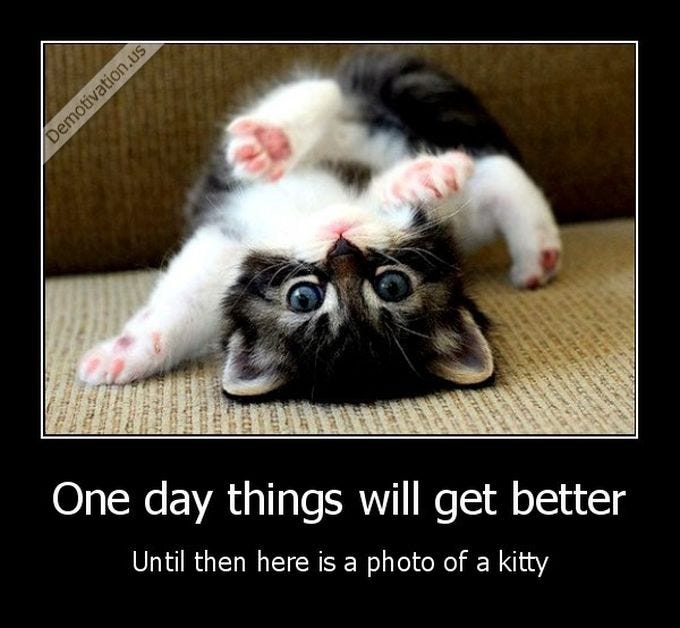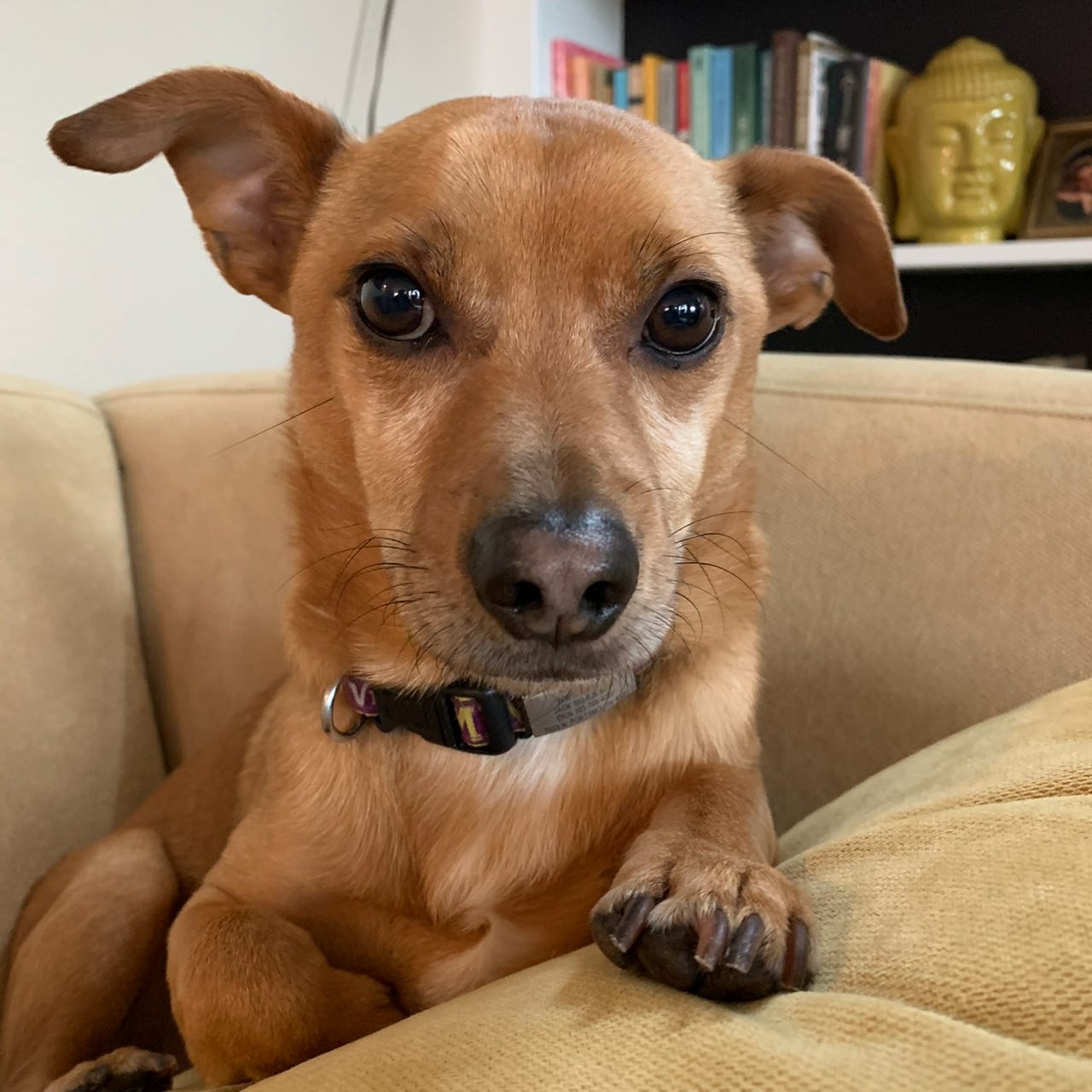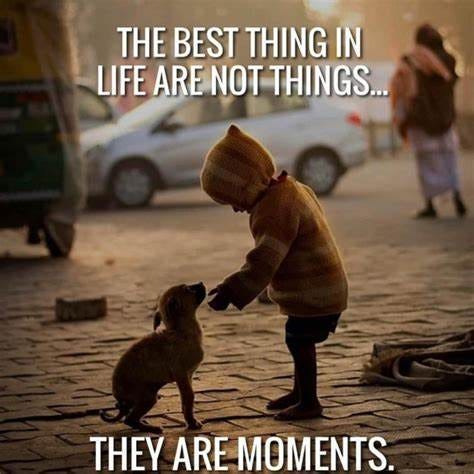It’s like the difference between peace and war. In peacetime, you can dream and plan. True joy may be elusive, but it seems like an attainable goal. In wartime, you dig deep. You fight. And the goal is not joy but survival itself.
At the moment, I can imagine no greater pain than losing a spouse to a merciless foe like cancer. It knows no compassion and rarely concedes defeat. It claims victory in a manner that leaves its adversary thoroughly defeated in every sense.
Despite every heroic rearguard action undertaken by medical science, too often, the only victory that can be achieved is time, and that only in small, cruel quantities. Cancer, when it can be defeated, is most vulnerable when met head-on and caught early.
Ultimately, of course, we all get dragged out feet-first, so time and quality of life become the measure of victory over cancer. If you can achieve either, you’re doing pretty well- both, and you’re one of the fortunate few. How much time and what sort of quality of life? That’s something medical science and the gods of cancer will have to somehow sort out between them.
Cancer changes not only the individual, the spouse, and their immediate family, it can also transform their community. For some, it’s the “there but for the grace of God” gratitude that they’ve been spared. For others, it’s the shock and sadness that someone they know and love has been stricken, and there’s nothing they can do to alleviate what they know will be intense pain and suffering. Others will want to help however they can, whatever that might mean.
In times of crisis, the reflex of communities is to pull together. They help one another. They care, hurt, and suffer together, even if they’re not the ones going through the treatments of dealing directly with the disease. People want to make things better, even though they may not always know what to do or say.
Ever since the deep darkness of that November phone call, Nancy and I have experienced countless bursts of light shining through, each one coming through the love and care from other people. My son immediately decided to give up his final quarter of in-person college and take his last classes online, so that he could move across the country back home to help his mom. Our church small group immediately started organizing meals. My friends from college raked our leaves so that I could sit with Nancy in chemotherapy. My fantasy baseball league collected funds for wigs.
And with each act of kindness and expression of concern — including from colleagues here at The Times, who’ve demonstrated remarkable care and compassion — the darkness recedes further. Nothing is easy, and the fear is still real. But there is no comparison between the state of our hearts now and their state when we first received Nancy’s grim news.
David French writes with remarkable intimacy and appreciation for the support he and his wife have received from those around him, for the “countless bursts of light shining through.’’
It’s easy these days, in a world that seems so irretrievably broken, to forget that people, at their most basic, still care about the welfare and well-being of others. When you see someone wrestling with the awful realities of a cancer diagnosis, do you ever stop to ask them if they’re a Republican or a Democrat?
Of course, you don’t…because, at that moment, you understand the most fundamental truth about humanity- we are all flesh and blood, vulnerable to disease and all manner of awfulness that could end our lives painfully and tragically. We recognize that such adversity recognizes and respects no ideological boundary. Cancer doesn’t care if its victim is a Trump supporter or a Liberal Democrat. It wreaks its havoc, free of any litmus test.
The reason for our revival is rooted in a profound truth elegantly captured by an old Swedish proverb: “Shared joy is double joy. Shared sorrow is half sorrow.” I’ve heard that proverb many times. It was the refrain of a men’s prayer group that I belonged to for many years. But I’d never felt its truth so powerfully until November, when our sorrow was so deep and the love of our friends so profound.
We come into this life solo and leave it equally alone, but the quality of what happens between those moments is something we can impact. We can be a friend to others and choose to be supportive to those who need a helping hand. And we can do that honestly and openly, with no agenda or expectations, because we trust that if the tables were turned, others would be there for us.
It’s that trust that holds us together, the knowledge that no matter what happens, a community pulls together to support its own. Like a chain, a community is only as strong as its weakest link, and a strong collective pulls together to be there for those in times of crisis or need.
I remember an article by Amanda Mull in The Atlantic published in January, 2021 subtitled, “There’s a reason you miss the people you didn’t even know that well.” It struck me because it resonated with something I was missing but couldn’t put into words. Mull explained the idea of the importance of our “weak ties,” a term coined by the Stanford sociologist Mark Granovetter in 1973 which “comprises acquaintances, people you see infrequently, and near strangers with whom you share some familiarity.”
Mull continued:
They’re the people on the periphery of your life—the guy who’s always at the gym at the same time as you, the barista who starts making your usual order while you’re still at the back of the line, the co-worker from another department with whom you make small talk on the elevator. They’re also people you might have never directly met, but you share something important in common—you go to the same concerts, or live in the same neighborhood and frequent the same local businesses. You might not consider all of your weak ties friends, at least in the common use of the word, but they’re often people with whom you’re friendly. Most people are familiar with the idea of an inner circle; Granovetter posited that we also have an outer circle, vital to our social health in its own ways.
I have spent the last few days thinking about the different circles of friends and acquaintances that pass through our lives and how important they are. I still remember fondly a favorite waiter at a favorite diner where I brought my young kids for pancakes. He had a daughter and we would always share stories of being parents. I think about how fun it was to work in a newsroom and the conversations you could never schedule. Some of the best interactions were fueled by whom you happened to bump into entering the building.
I couldn’t help but think about David French and his wife’s world of support and wonder if, God forbid, my family was in a similar situation, who would give us support.
Sometimes, when I think that perhaps I won’t be missed that much were I to pass, I stop to think about my friends. And then I think about those outside that circle, those I may not see very often but who are still important to me. These are people who, if Erin or I were to be dealing with a medical emergency like cancer, would almost certainly be there for us.
We tend to forget how many people genuinely care about us. You may not think of these people as “friends,” but you’re happy to see them when your paths cross. There are far more people like this in our lives than any of us realize, and who would, in a time of crisis, would undoubtedly be looking to help in whatever way they could.
It’s easy to underestimate the power of the people in our lives, of our connections with them, even if those connections may be fleeting or tenuous. Sometimes, taking the time to catch up with someone can make a huge difference in their day. Taking the time to talk with them may seem a small thing to you, but it may not be to the person you meet in a coffee shop, a post office, or a dry cleaner’s shop.
The power of human connection can make our world a kinder and more pleasant place…and there’s no doubt that we’re not suffering from an oversupply of kindness these days.
I am making a New Year's resolution to try to be a better communicator. I am also trying to pause a bit more to talk to people at the post office, the coffee shop, and during other instances of casual encounters. I apologize if the next time you are behind me in line at the dry cleaners it takes a few extra moments.
If all of us just called or texted one person today who we thought could use a check in, the world would already be a better place.
Isn’t that remarkable?
All this brings me back around to cancer, which is objectively horrible. Outside all the awfulness, though, another aspect isn’t terrible at all. It can bring a community together in the service of a common goal, that being to help someone who’s dealing with a tragic disease and all of the fallout from that.
I’ve witnessed this in the wake of my sister-in-law’s passing. In death, she’s done what she excelled at- bringing people together and making them feel special. Her kindness of spirit and smile, even as cancer was beginning to tip the scales in its favor, had a way of setting people at ease. I’ll miss that about my “little sister,” and I’ll always love her for how she cared for my youngest brother for 40+ years.
She was a caretaker, and she was the best of us. Tomorrow, we say goodbye, and there’s no way around it- that’s going to hurt like Hell.
Fortunately, we can learn from the example set by others, even when they’re no longer among us.
We can make a difference without waiting for tragedy to strike. Even calling or texting someone to check in or say hello can make a difference. Or, as Erin is always telling me, “CALL YOUR MOTHER!”
Little things like that can be pretty remarkable.
(All of my posts are now public. Any reader financial support will be considered pledges- support that’s greatly appreciated but not required to get to all of my work. I’ll trust my readers to determine if my work is worthy of their financial support and at what level. To those who do offer their support, thank you. It means more than you know.)








Words to live by.